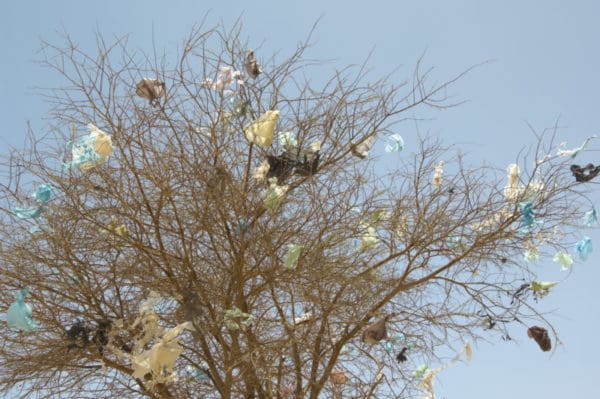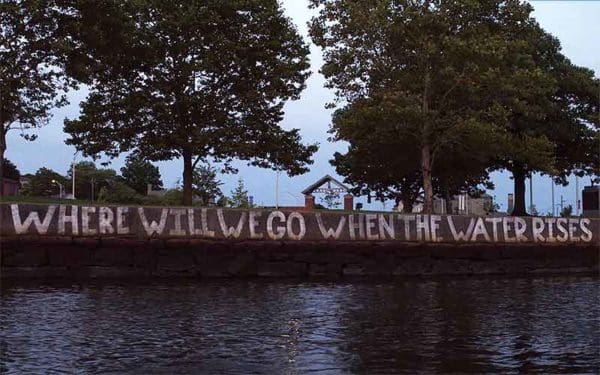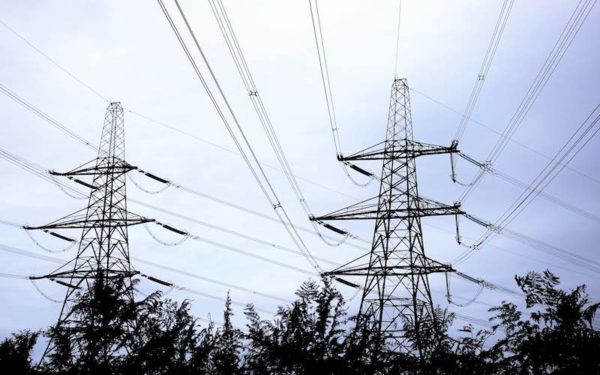Jan 11, 2019
“Stormwater pollution is one of the greatest threats to the health of Great Bay,” said Tom Irwin, vice president and director of CLF New Hampshire. “This historic agreement ensures that the Pease Development Authority will be playing by the same rules as communities throughout the Seacoast and will comply with the Clean Water Act. The health and safety of our waters is essential to our communities and our economy. No one has a right to pollute them.”
Jan 09, 2019
The Big Gas industry talks about fracked gas as a “clean” alternative to polluting fossil fuels like coal or oil. But how much do we really know about it as a fuel source? Test your knowledge with this 2-minute quiz.
Jan 04, 2019
Following a week of mild temperatures, New England is bracing for the cold to come. Last year, we weathered the worst cold snap that we’d faced in 100 years, complete with a new phenomenon known as a “bomb cyclone.” Now don’t be mistaken, this “bomb cyclone” did not involve Armageddon, the sky falling, or even blackouts… Continue reading Cold Snap Shows We Still Don’t Need New Gas Pipelines
Dec 21, 2018
Food waste can be terribly damaging to the environment. CLF’s Zero Waste Project has some tried and true tips for minimizing your food waste this holiday season.
Dec 19, 2018
CLF’s New Hampshire director Tom Irwin says federal regulators aren’t responding fast enough. “We do think that there’s a real opportunity for states to collaborate, as opposed to having each state try to invent a new wheel on their own,” Irwin says.
Dec 14, 2018
It’s time to take New England’s work reducing plastic pollution to the next level. CLF’s Zero Waste Project is launching our campaign to ban single-use plastic bags in all six New England states to create less pollution, cleaner coastlines, and healthier communities for all.
Dec 13, 2018
New England is getting more and more of its power from local clean energy sources like rooftop solar and wind. Not only does this lower our climate-damaging emissions, it’s also spurring innovation as groups in both the public and private sector work creatively to take control of our energy future. Among these new, exciting innovations… Continue reading Using Batteries to Power Your Home and Fight Climate Change
Dec 12, 2018
Heat waves and flooding are putting New England’s people, environment, and economy at risk. Aging infrastructure is increasingly stressed from sea level rise and bigger storms. Our farmers face challenges from shifting growing seasons. Atlantic cod – already dwindling – will disappear and lobster will move out of reach of New England fishermen as waters warm.… Continue reading The News about Our Climate Isn’t Good – But the Fight is Far from Over
Dec 10, 2018
With a new estimate of fewer than 408 North Atlantic right whales, it’s even more critical to get new ropeless fishing gear in the water as soon as possible to prevent the entanglements that are killing our endangered whales.
Nov 20, 2018
“This program will provide a much-needed reduction in our use of the electric grid when prices and pollution are at their highest levels,” said Melissa Birchard, Senior Attorney at CLF. “Storing energy inside New Hampshire homes will allow families to keep their lights on when storms inevitably hit, and will save money on electricity bills. This is a win-win that encourages the installation of rooftop solar in the state and reduces the need for costly transmission infrastructure. The agreement should be approved by the Public Utilities Commission.”









